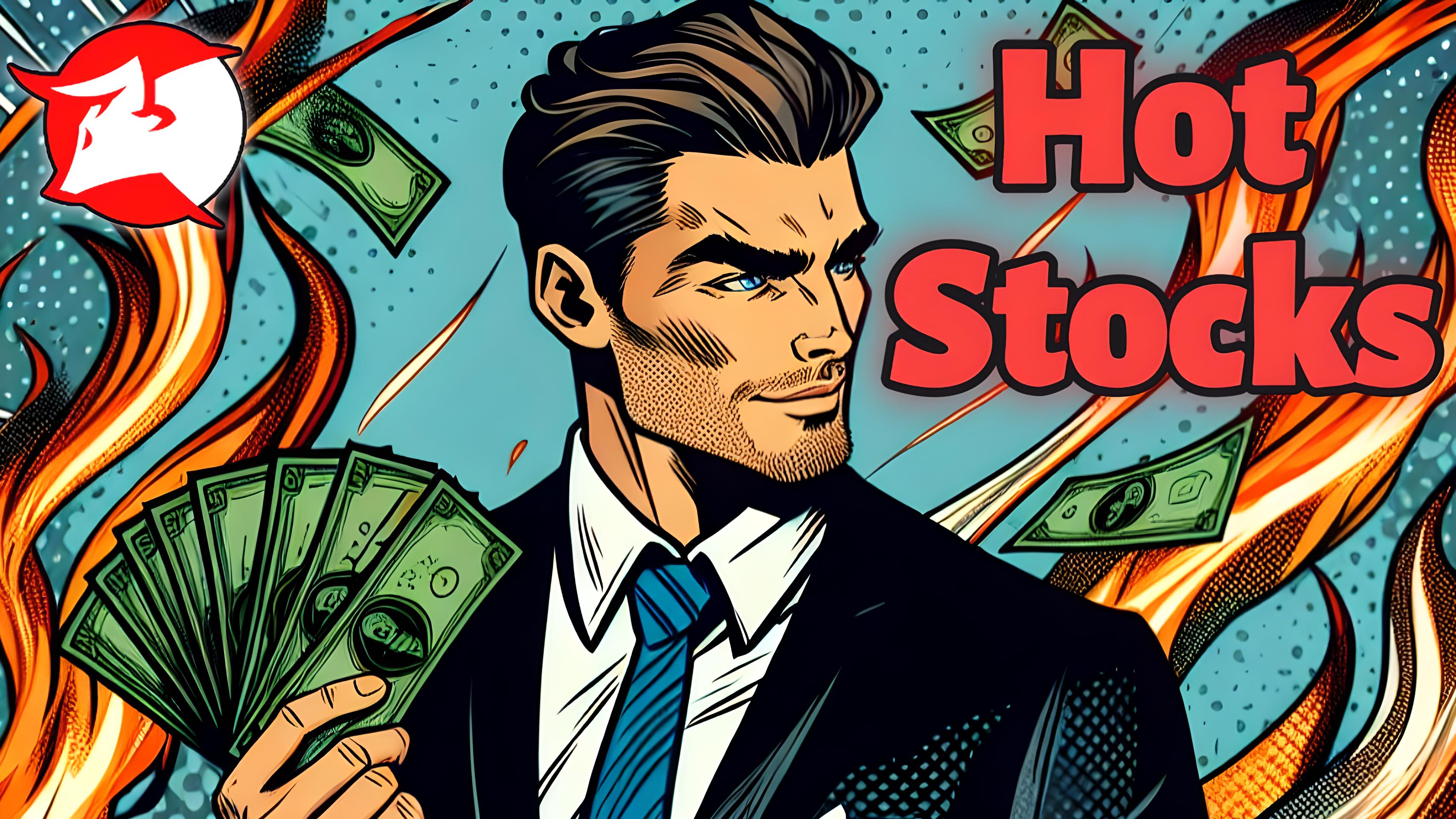The reverse split curse has struck again, and this time its Pernix Therapeutics Holdings Inc (NASDAQ:PTX)'s turn to take the hit. The company is down more than 20% on a premarket open announcement on Thursday, and volume looks set to drive the price down further before the session close. Those who have been with us for a while know our opinion when it comes to Pernix, and the split announcement is neither a surprise, nor a bad thing, when viewed against the framework of our evaluation.Before we get into why, let's bring newer readers up to date.Pernix is a specialty pharma with a focus on CNS, pain management and neurology related drugs. The company has a portfolio of both branded and generic drugs, of which three core brands account for the majority of revenues – Treximet, Silenor and Zohydro ER, heavily weighted towards Treximet. These revenues totaled just shy of $37 million during the second quarter of 2016, for a net loss of $31 million during the period.That's the company in a nutshell, but we're focusing on something a little more abstract in support of our thesis right now. Basically, we think there's a very high chance that the company is dressing itself up for a buyout, and that a number of key fundamental developments across the last six to twelve months are all working towards this dressing up.Pernix is restructuring – that's no secret. It's cutting staff, trimming research expenses and offloading non core assets. It's trying to reign in costs while making its sales processes more efficient and streamlines. It's restructuring the debt it holds on its balance sheet, or at least, it was negotiating said restructure as of the latest 10-Q, which amounted to just shy of $305 million at last count.As a side note, this debt is a sticking point for many would be investors, but we'll get to this shortly.What's most intriguing however, and what we noted in our last analysis, is that Pernix is doing all this under the leadership of John Sedor, who was appointed Chairman and Chief Executive Officer on a permanent basis this just past July. Sedor has taken over a whole host of distressed biotechs, trimmed them down and dressed them up for sale over the last two decades. It's his modus operandi, if you will.Which brings us to the reverse split. There's this general sweeping opinion across markets that a reverse split is a bad thing, and to some extent, it is. Healthy companies rarely reverse split, so investors see it as a sign of weakness. Obviously, for current shareholders, it can be a disaster if the split only temporarily raises prices and then shorts beat the company back down to its pre split price.Many forget to look past the split, however. What's it meant to achieve? At this end of the biotech space, there are generally two leading factors. The first, to improve access to capital. It's easier to raise funds with a higher share price. The second, to maintain a listing on a major exchange.The latter of these two is what Pernix is aiming for, and this very much plays into our buyout thesis. A NASDAQ listed company is going to be worth a far higher premium to a big name buyer than an OTC traded company. If Pernix wants to sell up, it really has to maintain its listing, or the buyer is essentially doing nothing but scooping up assets in what essentially would amount to a bankruptcy sweep (we're not saying here that Pernix is going to go bankrupt, just that the NASDAQ listing adds value and an OTC listing doesn’t, so if selling up at OTC the company likely wouldn’t get any more than the value of its assets).Factor in the debt, and this becomes more apparent. A buyer is going to have to take on that debt. For a big name, that might not be too bad a deal – write it off as losses and take a tax credit. However, the fact that it is there is going to play into the value of any offer, and without a NASDAQ listing this value deteriorates quickly.We're waiting for word of a potential suitor to hit the wire – subscribe below and we will keep you in the loop as and when we hear anything!Disclosure: We have no position in PTX and have not been compensated for this article.
Why The Pernix Therapeutics Holdings Inc (NASDAQ:PTX) Split Reinforces Our Buyout Thesis









